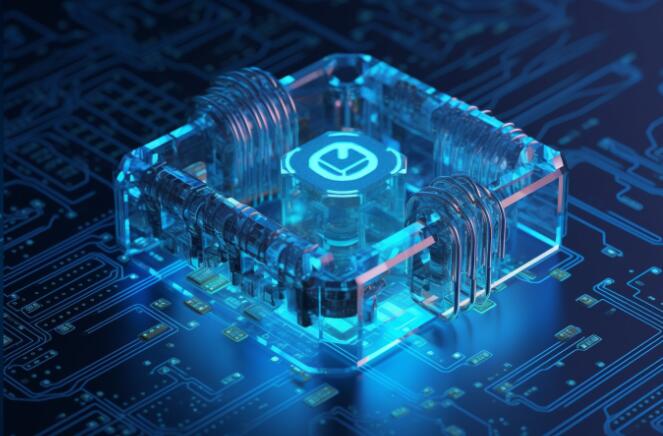OpenAI is planning to develop new AI server chips to address the current shortage of GPUs in AI model development and reduce dependence on Nvidia. The editor of Downcodes learned that OpenAI CEO Sam Altman is leading this project and is discussing cooperation with chip design companies such as Broadcom and recruiting former employees who have participated in the development of Google TPU. This move aims to improve OpenAI’s computing capabilities in AI development and enhance its market competitiveness. Although OpenAI did not comment on the news, it has previously publicly expressed its willingness to develop customized AI chips and sought huge financial support. It ultimately chose to cooperate with companies such as Broadcom, which may effectively reduce costs.
According to reports, OpenAI is in discussions with Broadcom and other chip design companies to jointly develop a new artificial intelligence (AI) server chip. The move, led by OpenAI CEO Sam Altman, is aimed at boosting the company’s computing power in AI development. This project is considered a measure taken by OpenAI to deal with the current shortage of graphics processing units (GPUs) required for AI model development, which are currently mainly provided by Nvidia.

Picture source note: The picture is generated by AI, and the picture is authorized by the service provider Midjourney
In addition, OpenAI also plans to recruit former employees who participated in the development of tensor processing unit (TPU) at Google to assist in chip design. Broadcom has collaborated with Google to develop TPU, which gives it a certain advantage in experience in customizing AI chips.
OpenAI neither fully confirmed nor denied the news. A spokesperson said, "OpenAI is in ongoing dialogue with industry and government stakeholders to increase the accessibility of AI infrastructure and ensure that the benefits of AI can reach society broadly."
OpenAI previously revealed its intention to develop custom AI chips in September 2023, and in January 2024, Altman was reported to be seeking to raise funds from the likes of SoftBank Group and Abu Dhabi's G42 to support new chip manufacturing project. Although the amount of funding mentioned in the report is as high as US$7 trillion, this figure far exceeds the total economies of Australia and Japan. It is obviously too large and may prompt OpenAI to choose to cooperate with existing companies such as Broadcom to reduce costs and achieve goals.
This move by OpenAI also shows its ambitions in the field of AI chips. Currently, Nvidia's share of the AI chip market is about 70% to 95%. OpenAI's development strategy is obviously aimed at reducing dependence on Nvidia, thereby enhancing market competitiveness.
**Emphasis added:**
- ?️ OpenAI CEO Sam Altman is leading the initiative to increase the computing power needed for the company's AI development.
- ?OpenAI is also recruiting former Google employees who have participated in the development of Google's Tensor Processing Unit (TPU) to assist in chip design.
- OpenAI’s chip development plan is partly to reduce its dependence on Nvidia graphics processing units (GPUs) and increase its competitiveness in the AI chip market.
All in all, OpenAI’s move to develop customized AI chips reflects its determination to continue to innovate and pursue autonomy and controllability in the field of AI, and also indicates that competition in the AI chip market will become more intense in the future. This will have a profound impact on the development of the entire AI industry. The editor of Downcodes will continue to pay attention to the trends of OpenAI and bring you more relevant reports.